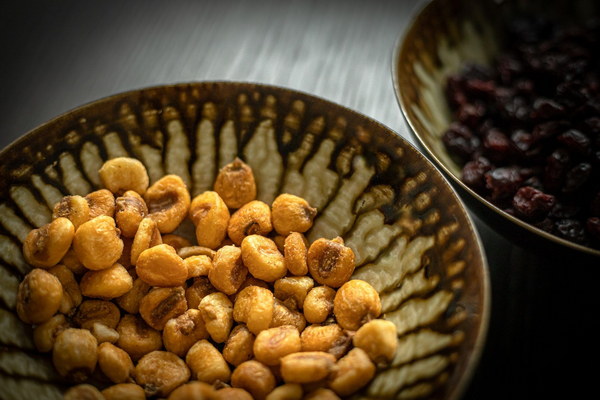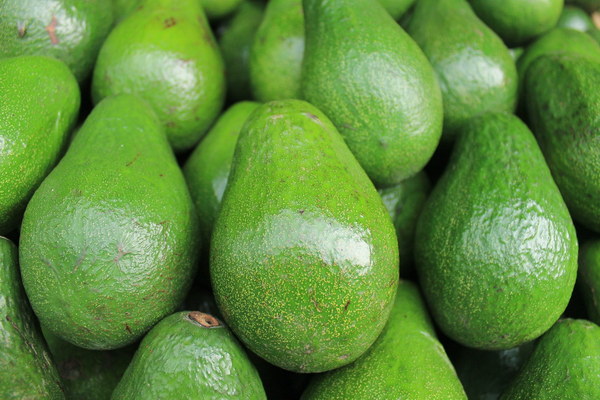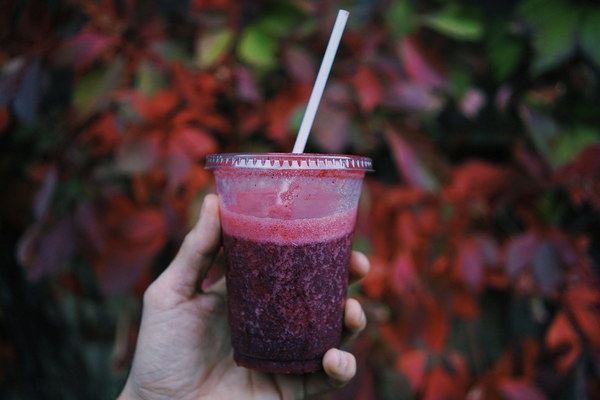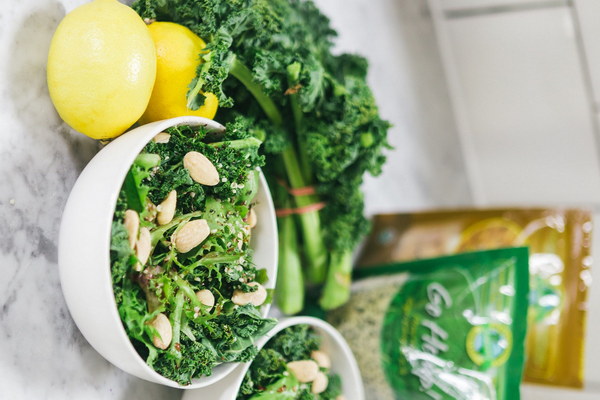Boost Your Cold-Weather Resilience with Nutritious Cold-Weather Elixirs
As the cold winter months settle in, the body's need for warmth and resilience becomes increasingly apparent. While wrapping ourselves in layers of cozy fabrics and seeking out warm beverages might provide some comfort, the real power to combat the chill lies within our diet. Nutritional experts have long recognized the link between food and our body's ability to resist the cold. By incorporating certain foods and nutrients into your diet, you can effectively fortify your body against the biting chill. Here's how you can harness the power of food to keep the cold at bay.
1. Stay Hydrated
Water is the cornerstone of any healthy diet, and it becomes even more crucial during the cold months. As temperatures drop, our bodies lose moisture more rapidly through breathing and sweating, which can lead to dehydration. To stay hydrated, consume plenty of fluids throughout the day, including warm herbal teas, hot chocolate, and broth-based soups. Adding a slice of lemon or ginger to your water or tea can also boost the flavor and provide additional health benefits.
2. Load Up on Vitamin C
Vitamin C is a potent antioxidant that plays a vital role in maintaining the integrity of our immune system. By boosting our immune response, vitamin C can help prevent colds and flu, which are more prevalent during the winter months. Citrus fruits like oranges, grapefruits, and lemons are rich in vitamin C, as are strawberries, bell peppers, and kale. Incorporate these into your diet to ensure you're getting an adequate supply of this essential nutrient.
3. Incorporate Omega-3 Fatty Acids
Omega-3 fatty acids are known for their anti-inflammatory properties and have been shown to improve heart health and reduce the risk of chronic diseases. Foods high in omega-3s, such as fatty fish like salmon, mackerel, and sardines, as well as flaxseeds, chia seeds, and walnuts, can help keep your body warm by reducing inflammation and improving circulation. Including these foods in your diet can also help you maintain a healthy weight, which is crucial for retaining body heat.
4. Eat Foods Rich in Iron and Vitamin B12

Iron and vitamin B12 are essential for the production of red blood cells, which carry oxygen throughout the body. Proper oxygenation is crucial for maintaining body temperature and energy levels. Foods rich in iron, such as lean red meat, poultry, fish, beans, lentils, and dark leafy greens, should be incorporated into your diet. Vitamin B12 can be found in animal products like meat, fish, eggs, and dairy, as well as fortified plant-based foods like cereals and plant milks.
5. Consume Foods High in Calcium and Magnesium
Calcium and magnesium are vital minerals that help maintain healthy bones and teeth, as well as regulate muscle and nerve function. These minerals also play a role in maintaining body temperature. Foods rich in calcium include dairy products, tofu, and leafy greens, while magnesium can be found in nuts, seeds, whole grains, and leafy greens. Including these foods in your diet can help keep your body warm and functioning optimally.
6. Don't Forget Probiotics and Prebiotics
Probiotics and prebiotics are essential for maintaining a healthy gut, which plays a significant role in immune function. Consuming probiotic-rich foods such as yogurt, kefir, sauerkraut, and kimchi can help support your immune system. Prebiotics, found in foods like bananas, onions, garlic, and asparagus, can help nourish the beneficial bacteria in your gut. By ensuring your gut is healthy, you can better protect yourself against the cold and flu.
7. Embrace Spices and Herbs
Spices and herbs not only add flavor to your meals but can also provide health benefits. Cinnamon, cloves, ginger, and black pepper have been shown to increase metabolism and help keep the body warm. Incorporate these spices into your cooking or enjoy them in warm beverages like mulled wine or ginger tea.
In conclusion, harnessing the power of food can be a game-changer when it comes to fighting the cold. By incorporating these nutrients and foods into your diet, you can bolster your body's defenses against the winter chill and enjoy a healthier, more comfortable season. Remember to consult with a healthcare professional before making any significant changes to your diet.









